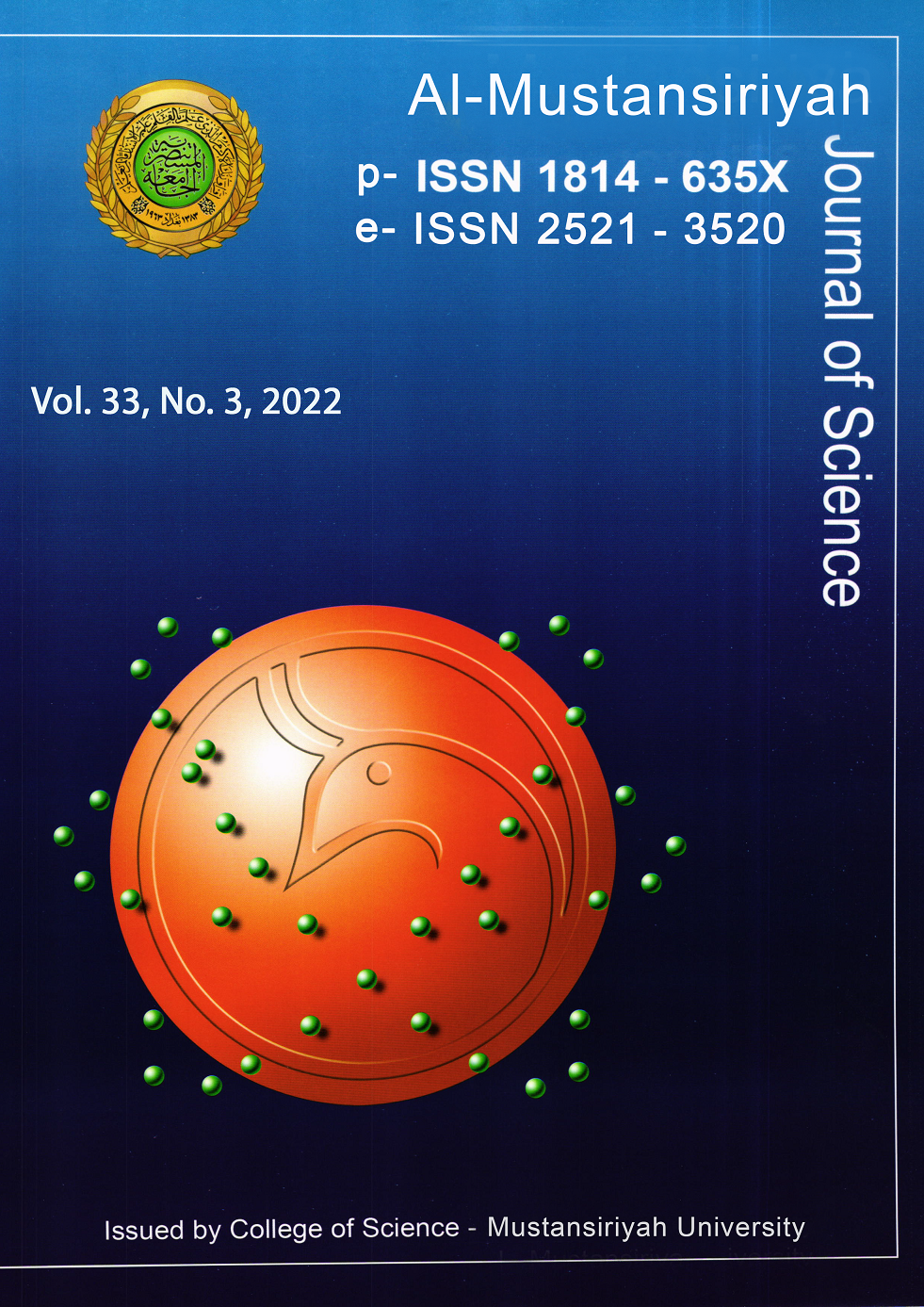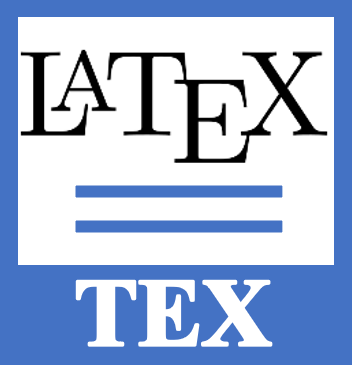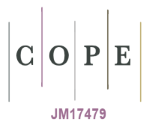Using Evolving Algorithm with Distance Indicator for Solving Different Non-linear Optimization Problems
DOI:
https://doi.org/10.23851/mjs.v33i3.1167Keywords:
Many Objective Problems, Bat Algorithm, Inverted Generational Distance.Abstract
In this paper, we have relied on the dominant control system as an important tool in building the group of leaders because it allows leaders to contain less dense areas, avoid local areas and produce a more compact and diverse Pareto front. Nine standard nonlinear functions yielded this result. MaBAT/R2 appears to be more efficient than MOEAD, NSGAII, MPSOD, and SPEA2. MATLAB was used to generate all the results of the proposed method and other methods in the same field of work.
Downloads
References
Bosman, P. A., & Thierens, D. (2003). The balance between proximity and diversity in multiobjective evolutionary algorithms. IEEE transactions on evolutionary computation, 7(2), 174-188.
Yang, X. S. (2011). Bat algorithm for multi-objective optimization. International Journal of Bio-Inspired Computation, 3(5), 267-274.
Laudis, L. L., Shyam, S., Jemila, C., & Suresh, V. (2018). MOBA: multi objective bat algorithm for combinatorial optimization in VLSI. Procedia Computer Science, 125, 840-846.
Remha, S., Chettih, S., & Arif, S. (2018). A novel multi-objective bat algorithm for optimal placement and sizing of distributed generation in radial distributed systems. Advances in Electrical and Electronic Engineering, 15(5), 736-746.
Talal, R. (2014). Comparative study between the (ba) algorithm and (pso) algorithm to train (rbf) network at data classification. International Journal of Computer Applications, 92(5), 16-22.
Khan, K., & Sahai, A. (2012). A comparison of BA, GA, PSO, BP and LM for training feed forward neural networks in e-learning context. International Journal of Intelligent Systems and Applications, 4(7), 23.
Sheah, R. H., & Abbas, I. T. (2021). Using multi-objective bat algorithm for solving multi-objective non-linear programming problem. Iraqi Journal of Science, 997-1015.
AlSattar, H. A., Zaidan, A. A., Zaidan, B. B., Abu Bakar, M. R., Mohammed, R. T., Albahri, O. S., ... & Albahri, A. S. (2020). MOGSABAT: a metaheuristic hybrid algorithm for solving multi-objective optimisation problems. Neural Computing and Applications, 32(8), 3101-3115.
Mirjalili, S., Saremi, S., Mirjalili, S. M., & Coelho, L. D. S. (2016). Multi-objective grey wolf optimizer: a novel algorithm for multi-criterion optimization. Expert Systems with Applications, 47, 106-119.
Qi, Y., Ma, X., Liu, F., Jiao, L., Sun, J., & Wu, J. (2014). MOEA/D with adaptive weight adjustment. Evolutionary computation, 22(2), 231-264.
Li, H., Deb, K., Zhang, Q., Suganthan, P. N., & Chen, L. (2019). Comparison between MOEA/D and NSGA-III on a set of novel many and multi-objective benchmark problems with challenging difficulties. Swarm and Evolutionary Computation, 46, 104-117.
Li, K., Deb, K., Zhang, Q., & Kwong, S. (2014). An evolutionary many-objective optimization algorithm based on dominance and decomposition. IEEE transactions on evolutionary computation, 19(5), 694-716.
Fleischer, M. (2003, April). The measure of Pareto optima applications to multi-objective metaheuristics. In International conference on evolutionary multi-criterion optimization (pp. 519-533). Springer, Berlin, Heidelberg.
Moore, J., & Chapman, R. (1999). Application of Particle Swarm to Multiobjective Optimization: Dept. Comput. Sci. Software Eng., Auburn Univ.
Peng, G., Fang, Y. W., Peng, W. S., Chai, D., & Xu, Y. (2016). Multi-objective particle optimization algorithm based on sharing-learning and dynamic crowding distance. Optik, 127(12), 5013-5020.
Hennequin, S., & Restrepo, L. M. R. (2016). Fuzzy model of a joint maintenance and production control under sustainability constraints. IFAC-PapersOnLine, 49(12), 1216-1221.
Downloads
Key Dates
Published
Issue
Section
License
Copyright (c) 2022 Al-Mustansiriyah Journal of Science

This work is licensed under a Creative Commons Attribution-NonCommercial 4.0 International License.
(Starting May 5, 2024) Authors retain copyright and grant the journal right of first publication with the work simultaneously licensed under a Creative Commons Attribution (CC-BY) 4.0 License that allows others to share the work with an acknowledgement of the work’s authorship and initial publication in this journal.






















